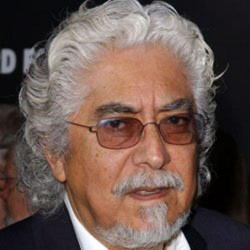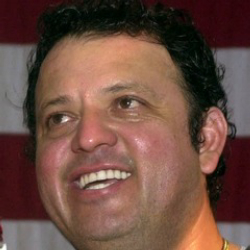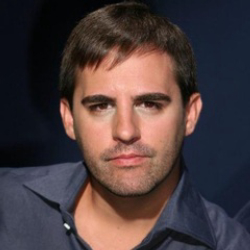Mario J. Molina Quotations
-
Bathroom Quotes
When I was in elementary school, I was very interested in science already. I must have been ten or eleven years old. I started experiments with chemistry sets at my home in Mexico. I was able to borrow a bathroom and convert it to a laboratory. My parents supported it. They were pleased. My friends just tolerated it.
-
-
-
-
Abroad Quotes
Keeping with our family tradition of sending their children abroad for a couple of years, and aware of my interest in chemistry, I was sent to a boarding school in Switzerland when I was 11 years old, on the assumption that German was an important language for a prospective chemist to learn.
-
-
Beginning Quotes
The scientists I looked up to at the beginning were not Latino. They were famous scientists of many years ago, like Madame Curie. Later, I realized that there were also, but a very few, Latino scientists. There were good ones, but very few, because there wasn't as much a tradition to be a scientist in our culture. But this is changing.
-
-
-
-
-
Achieved Quotes
Climate change and ozone depletion are two global issues that are different but have many connections. In the ozone depletion case, we managed to work with decision makers effectively so that an international agreement called the Montreal Protocol was achieved that essentially solved the ozone depletion problem.
-
-
-

































